O P Gauba Summary: Concept of Ideology-1 | PSIR Optional for UPSC PDF Download
Introduction
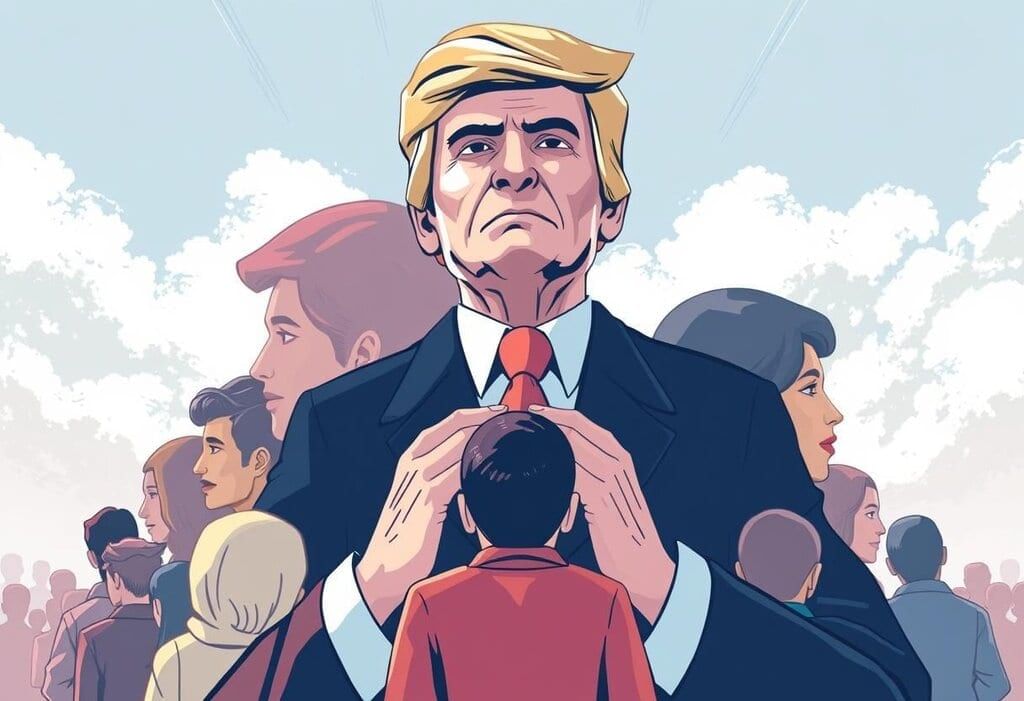 Political Diversity
Political Diversity
In political theory, the term 'ideology' has two primary meanings: (a) it denotes a set of beliefs accepted as true by a particular group, party, or nation without question, and (b) it involves the study of ideas, examining their creation, the distortion of truths, and the ways to rectify these distortions to attain genuine knowledge.
Within this context, ideology refers to a collection of beliefs embraced by a specific group without further scrutiny. These beliefs are employed to justify or criticize various social, economic, or political systems. Consequently, ideology functions as a belief system lacking a scientific basis. Adherents of an ideology often assume its validity does not require proof. Different groups may adhere to divergent ideologies, leading to inevitable disparities among them. As a result, ideology can foster love-hate relationships that are detrimental to a scientific perspective. Examples of ideologies include:
- Liberalism
- Capitalism
- Socialism
- Marxism
- Communism
- Anarchism
- Fascism
- Imperialism
- Nationalism
- Internationalism
Ideology, Politics and Political Theory
A group will use its ideology to decide the best type of government, the foundation of the right to rule, and the method for choosing rulers. In general, it addresses these questions:
- Who should rule?
- How should rulers be chosen?
- What principles should a government follow?
- Which institutions should be kept or changed to achieve those principles?
When ideology is used to support an existing system or to push for a minor or major change in that system, it becomes part of politics. A political ideology can provide legitimacy to those in power or can inspire a desire for revolution.
Understanding the Influence of Ideology in Politics
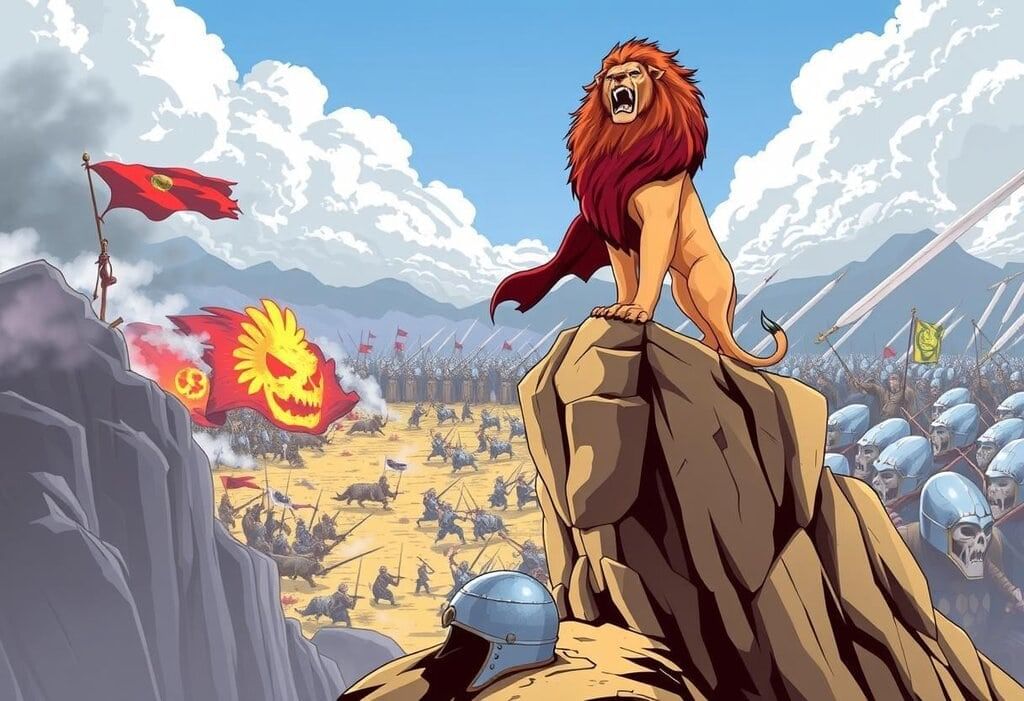 Power Struggle
Power Struggle
Ideology is a powerful tool in politics, used by dominant classes or social movements to manipulate and guide people towards a specific cause.
Ideology and Action
- Ideology is not just a set of beliefs; it drives action. It presents a cause that followers are encouraged to fight for, often requiring sacrifices.
- For example:
- Nationalism can inspire individuals to risk their wealth or lives to protect their nation's freedom.
- Communalism may incite hatred against members of other communities, leading to violence against innocent people.
- A form of fundamentalism based on obscurantism has played a role in global terrorism.
Obscurantism Explained
- Obscurantism refers to a policy or approach that deliberately makes things unclear to prevent people from discovering the truth. In politics, opposing ideologies can be used to justify different norms or ideals.
Justifying Norms through Ideologies
- Imperialism might be used to justify the exploitation of colonial lands and their populations.
- Environmentalism can be invoked to protect humanity from the dangers of pollution and depletion of natural resources.
Political Theories vs. Political Ideologies
- Political theories and ideologies are often described using the same terms, such as liberalism, socialism, and communism.
- Some writers argue that these terms mean the same thing in both contexts.
- However, political theories may sometimes endorse actions that resemble political ideologies, and their origins could be linked to real political stresses and strains.
Reflecting Real Political Situations
- Conflicts among political theories often mirror real political situations.
- This is why G.H. Sabine noted in his A History of Political Theory that the conflicts among political theories reflect real political situations.
Overview of Political Theory
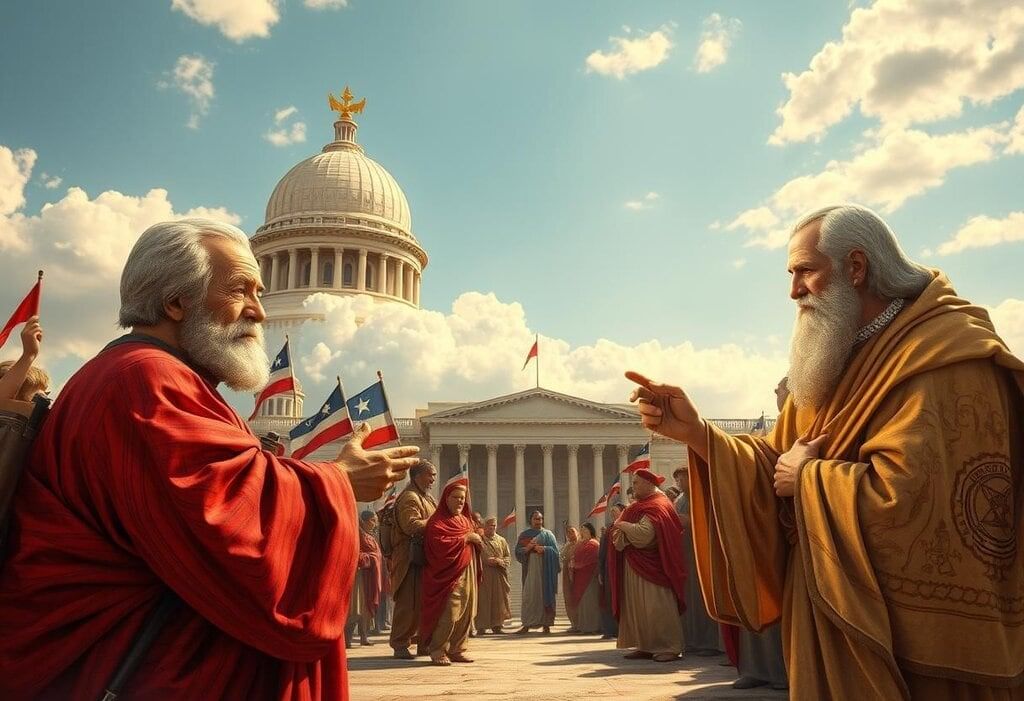 Philosophical Discourse
Philosophical Discourse
Political theory is a crucial part of politics because it involves reflecting on the goals, methods, and responsibilities of political actions. It helps us understand what is possible and necessary in political situations. Political theory is not just a product of politics; it is an objective quest for a better society. Unlike political ideology, which aims to defend or criticise a particular system, political theory remains impartial and evaluates different political systems without personal bias.
Critical Evaluation of Political Theories
- Political theories are influenced by the political contexts in which they arise.
- Validity of a theory is separate from its origin.
- Critical assessment of political theories involves distinguishing between truths and political motives.
- Aristotle's views on slavery and women should be understood in their historical context, while his ideas on constitutional instability are still relevant.
- Machiavelli's insights into human behaviour, despite his controversial advice, can be valuable in statecraft.
The Distinction of Political Theory
- Political theory is distinguished by its objective nature, seeking a better society without personal bias.
- Politicians pursue specific goals, while political ideology aims to create a better society based on a particular model.
- Andrew Hacker emphasises that political theory remains impartial, evaluating different political systems without favouring one over another.
- Political theorists do not support or oppose specific arrangements without assessing their fairness.
- In contrast, political ideology defends or criticises systems to highlight the benefits of alternatives.
Ideology and Political Theory
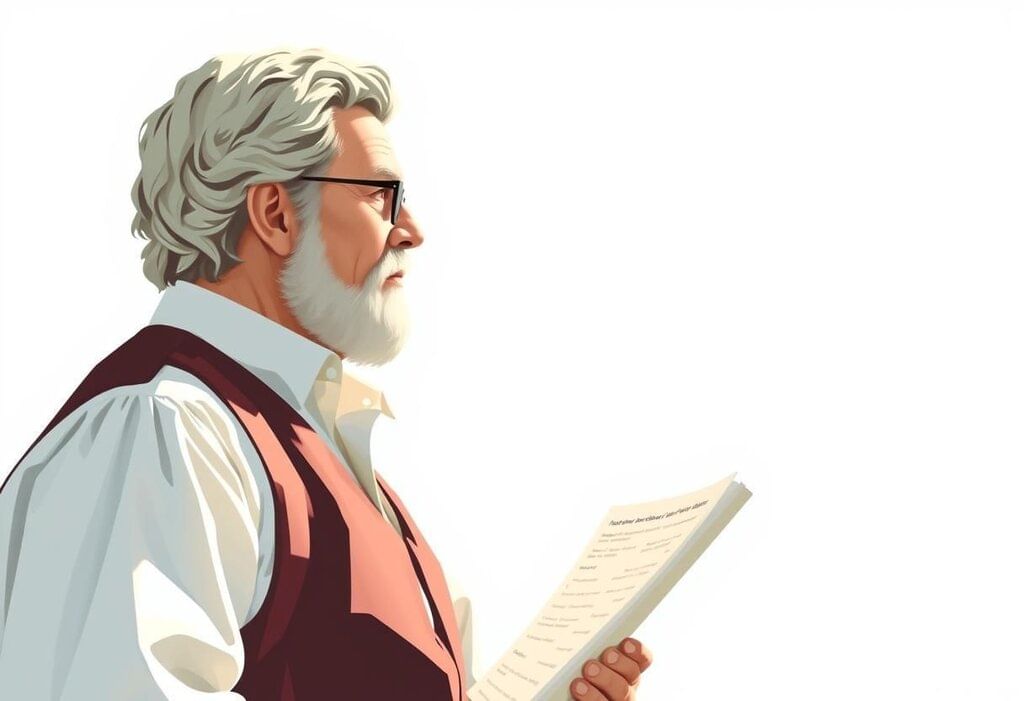 Enlightenment Ideals
Enlightenment Ideals
Political theory is a critical and objective examination of political ideas and systems, free from the biases of ideology. While political science observes realities as they are, ideology seeks to justify specific political and social arrangements. True political theory aims for impartiality in understanding the best forms of government and society.
Critical Examination of Political Theories
Each theory in political theory should be critically evaluated for its strengths and weaknesses and compared with other relevant theories. Ideology, originally meant to be the science of ideas, focuses on how ideas are formed, distorted, and distinguished from one another. Destutt de Tracy, a French scholar, introduced the term 'ideology' in the early 19th century, emphasizing the influence of the physical environment on ideas and the importance of empirical learning. According to Tracy, genuine knowledge comes from experiences, not supernatural events, and science, based on these ideas, can be used to improve social and political conditions.
Ideology and Knowledge
Tracy and the Concept of Ideology
Tracy was the first to use the term 'ideology' in a specific way, but he was not the pioneer in exploring how ideas are formed. Before Tracy, Francis Bacon, an English philosopher, emphasized the importance of acquiring knowledge through careful observation and experience. Bacon believed that knowledge obtained through unscientific methods was often distorted by false impressions, which he referred to as 'idols.' Both Bacon and Tracy highlighted the significance of knowledge gained through scientific methods and cautioned against distorted knowledge.
Key Insights from Bacon
- All colours will agree in the dark.
- Francis Bacon (1625)
Modern Understanding of Ideology
In contemporary literature, 'ideology' refers to a set of ideas embraced by a group to motivate and guide it towards specific objectives. The study of ideas aims to uncover the underlying reasons for distortions in existing ideologies. This area of study is known by various terms, such as 'sociology of knowledge', coined by Karl Mannheim, or 'critical theory', popularized by the Frankfurt School. The systematic examination of ideology was notably advanced by thinkers like Hegel and later expanded by Marx, with significant contributions from figures like Lukacs and Mannheim.
Sociology of Knowledge
Sociology of Knowledge is the study of how our social backgrounds shape, influence, or distort our understanding of the world. The term was popularized by Karl Mannheim in his book Ideology and Utopia in 1929, although earlier sociologists had also begun to explore this concept.
Critical Theory
Critical Theory is a philosophical approach that argues that human society has not yet achieved a rational way of living and that it cannot be understood using the same methods as the natural sciences. This theory, which gained prominence through the Frankfurt School established in 1923, encourages the examination of social institutions and behaviours based on how they deviate from a rational model. It focuses on human emancipation rather than a narrow ideological goal, so it should not be confused with an ideology.
Dimensions of Ideology
- Set of Ideas: Refers to the beliefs about the best form of society and government.
- A Matter of Faith: Ideology can be based on strong convictions or faith.
- Science of Ideas: Involves understanding how ideas are created and changed.
- A Matter of Critical Examination: Ideology requires critical analysis and scrutiny.
- Characterised by a Closed Mind: An ideology that is rigid and does not accept new ideas.
- Characterised by an Open Mind: An ideology that is flexible and open to new ideas.
- Interested Search for a Better Society: A genuine effort to improve society.
- Disinterested Search for a Better Society: An objective approach to finding ways to improve society.
- Instrument of Politics: Ideology used as a tool for political purposes.
- Demands Subordination to Authority: An ideology that requires obedience to authority.
- Instrument of Political Theory: Use of ideology in political theory.
- Allows Individuals to Question Authority: An ideology that encourages questioning of authority.
Views of Marx
Karl Marx in his works German Ideology and A Contribution to the Critique of Political Economy discussed the nature of ideology, suggesting it represents a form of "false consciousness." This idea indicates that ideology distorts reality and serves specific interests. In the Critique of Political Economy (Preface), Marx elaborated on this concept, highlighting how ideology can obscure the true nature of social and economic relations.
Understanding Ideology
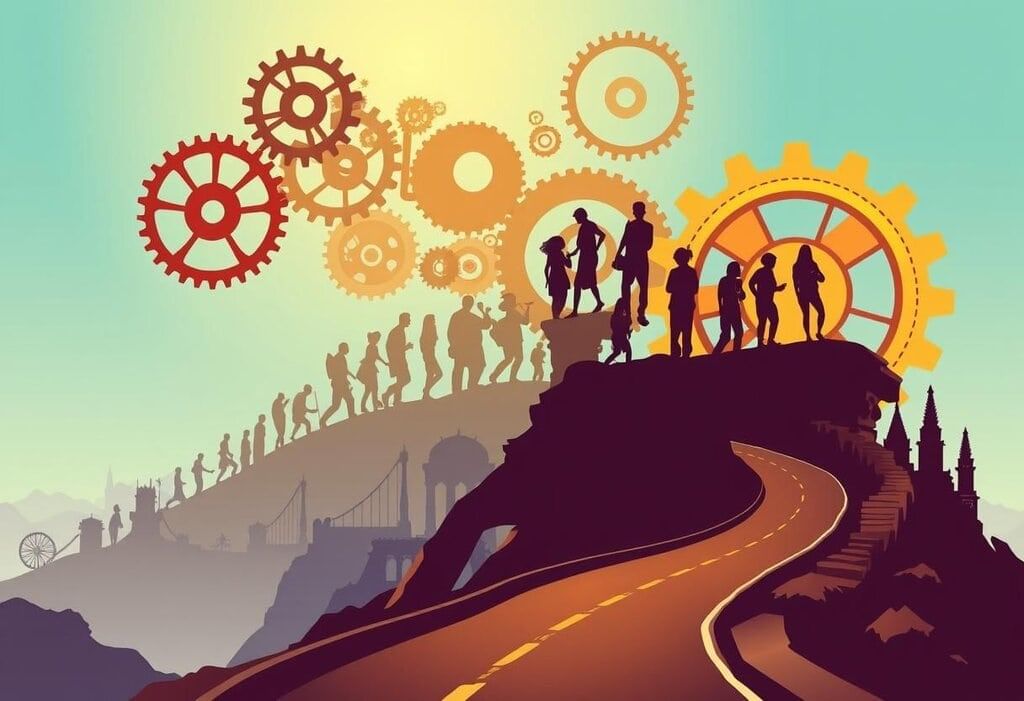 Socio -economic Evolution
Socio -economic Evolution
Ideology refers to the ideas and beliefs that people hold, which are often influenced by their social and economic conditions. According to Karl Marx, these ideologies are not just random thoughts; they are shaped by the way society is organized and the relationships people have with each other in the process of producing goods and services.
When people engage in social production, they form specific relationships that are crucial and beyond their control. These relationships are tied to the level of development of their material production capabilities. The economic framework of society, made up of these production relationships, serves as the real foundation upon which legal and political structures are built. This framework also corresponds to certain forms of social awareness.
Marx believed that it is not human consciousness that shapes existence, but rather social existence that shapes consciousness. As society evolves, the material needs of individuals advance, but their social awareness lags behind. This gap creates a distorted or false awareness, reflected in their ideologies.
The ruling class at any point in social development uses ideology to maintain its power. For example, during the French Revolution of 1789, the revolutionaries promoted the slogan of " Liberty, Equality, Fraternity " to gain popular support. However, their goal was not to achieve freedom for ordinary people but to secure freedom for a new ruling class, particularly the emerging entrepreneurial class, to protect property rights.
Marx and Engels on Ideology
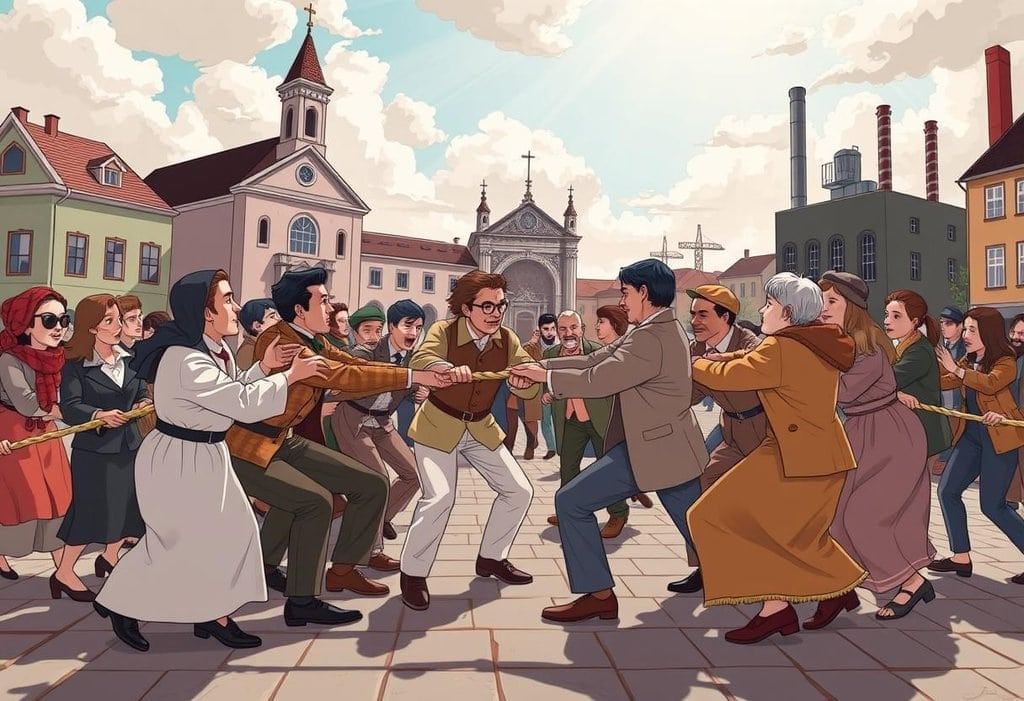 Class Conflict
Class Conflict
Ideology and Class Interests
- Marx and Engels believed that ideology protects the interests of the dominant class, the bourgeoisie (capitalist class), which uses ideology to justify the existing social order.
- When the proletariat (working class) gains power after a socialist revolution, it does not seek to maintain dominance but aims for a classless society where the state will 'wither away'.
Lenin's Perspective
- V.I. Lenin viewed ideology in his work What is to be Done? as a neutral term reflecting political awareness, not just a distortion of truth.
- He believed the class struggle would continue during the socialist phase, and the proletariat needs its own ideology, scientific socialism, to guide them and counter bourgeois ideology.
Views of Lukacs
Thought and Social Life
- Georg Lukacs, in History and Class Consciousness, argued that thought is shaped by social life, primarily influenced by class relations in material production.
- He asserted that consciousness is always class consciousness.
- The proletariat, due to its increasing detachment in the socio-economic context, holds a unique historical position allowing it to achieve universal consciousness.
Understanding Ideology
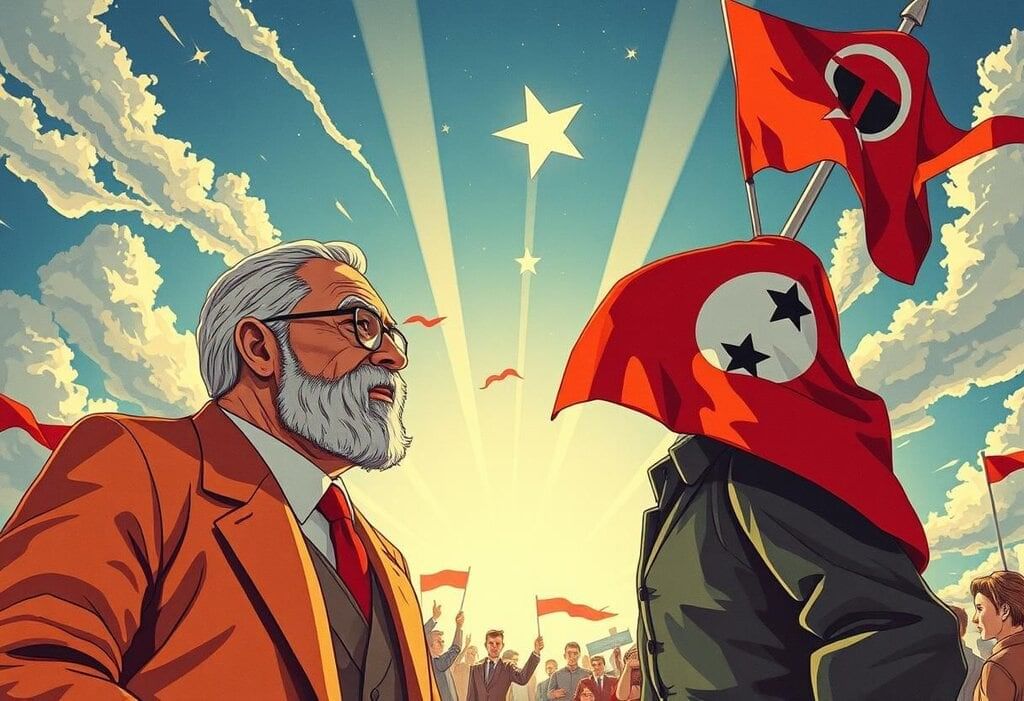 Class struggle
Class struggle
Georg Lukacs (1885-1938), a Hungarian Marxist, had a nuanced view of ideology. He believed that both the bourgeois and proletarian consciousness are part of ideology, and this does not always have a negative connotation. For Lukacs, Marxism was the ideological expression of the proletariat. He argued that the bourgeois class is fundamentally limited, not because ideology is simply 'false consciousness', but because the bourgeoisie cannot sustain itself without exploiting the proletariat. However, he also warned that the struggle over ideology should not overshadow the class struggle.
Mannheim's Critique of Marx on Ideology
Karl Mannheim (1893-1947), a German sociologist, critiqued Marx's theory of ideology in his work Ideology and Utopia (1929). He argued that a group's 'style of thought' is only indirectly related to its interests and that all thought is influenced by its social context, including Marxism itself, which he saw as an ideology of a specific class. Mannheim believed that other social groups, such as different generations, also significantly impact consciousness.
Mannheim introduced the sociology of knowledge to emphasize the social factors shaping knowledge and aimed to expand the Marxist framework. He identified two forms of false consciousness : ideology, which seeks to preserve the current situation, and utopia, which aspires for change. He argued that the ruling class uses ideology, while the opposing class advocates for a utopia. Mannheim suggested that the Marxist idea of a classless society is a form of utopia, employing false consciousness as a strategy.
Vision of an Ideal Society
 Engaged Discourse
Engaged Discourse
In the field of social sciences, this concept refers to a collection of intriguing yet unattainable notions.
The Challenge of Truth
Mannheim's idea about the relative nature of all knowledge makes it tough to pinpoint what objective truth really is. Does this mean we can never discover the truth? There is a small hope. Mannheim talks about a 'free-floating stratum' of intellectuals who can find unbiased knowledge by positioning themselves between conflicting classes. He believes that some enlightened individuals from both sides will understand that their perspective on truth is limited and can broaden their knowledge by considering the views of their opponents.
- These individuals will approach discussions with an open mind.
- They will actively engage in conversations and strive to uncover objective truth.
- Through collaboration, they will develop a shared understanding of the historical context.
- This process will lead to a realistic perspective that balances ideology with utopian ideals.
The Role of Intellectuals
Mannheim emphasizes the importance of intellectuals, including social scientists, in comprehending social dynamics. He advocates for granting authority to social scientists who can genuinely understand objective truth.
Criticism of Mannheim's Ideas
Critics argue that Mannheim confuses the origins and validity of knowledge. His radical relativism implies that ideas can exist independently of their supporters. Moreover, granting power to social scientists raises concerns about potential absolutism. Instead, these social scientists should critique those in power rather than wielding power themselves.
- They could be more effective as organisers of protests and demonstrations.
- They could work as journalists and writers.
- They should serve as society's 'conscience-keepers.'
Ideology is often viewed as a motivating force to help people achieve established objectives. However, when taken to an extreme, this can result in totalitarianism, where the state exerts control over every facet of individual life. Some scholars argue that while ideology is prevalent in totalitarian regimes, it also plays a significant role in democratic societies; conversely, it is not a factor in open societies.
Totalitarianism
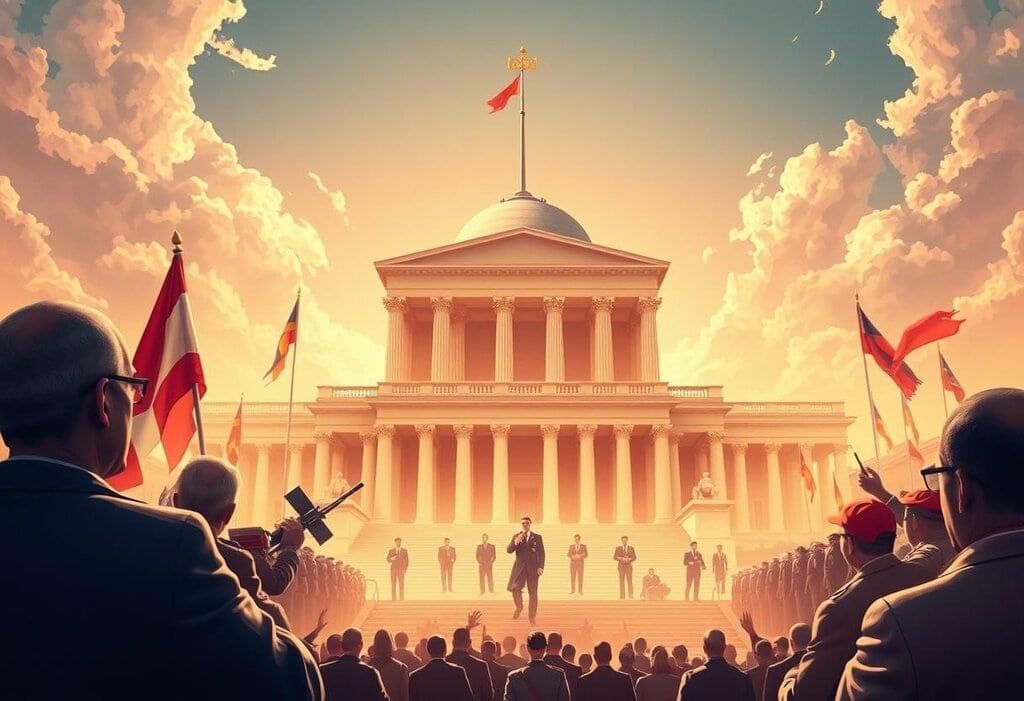 Oppressive Regime
Oppressive Regime
Totalitarianism is a form of government in which the state endeavors to regulate every aspect of its citizens' lives, encompassing both public and private spheres. The government strives to steer all political, economic, social, and cultural activities towards objectives predetermined by the state. In such a system, citizens are prohibited from opposing or criticizing the state, and they are not allowed to propose alternative goals.
Key Features
- The state seeks to control all aspects of life.
- Political, economic, and cultural activities are governed by the state.
- Opposition and criticism of the state are not allowed.
- Citizens cannot suggest new aims or goals.
Open Society
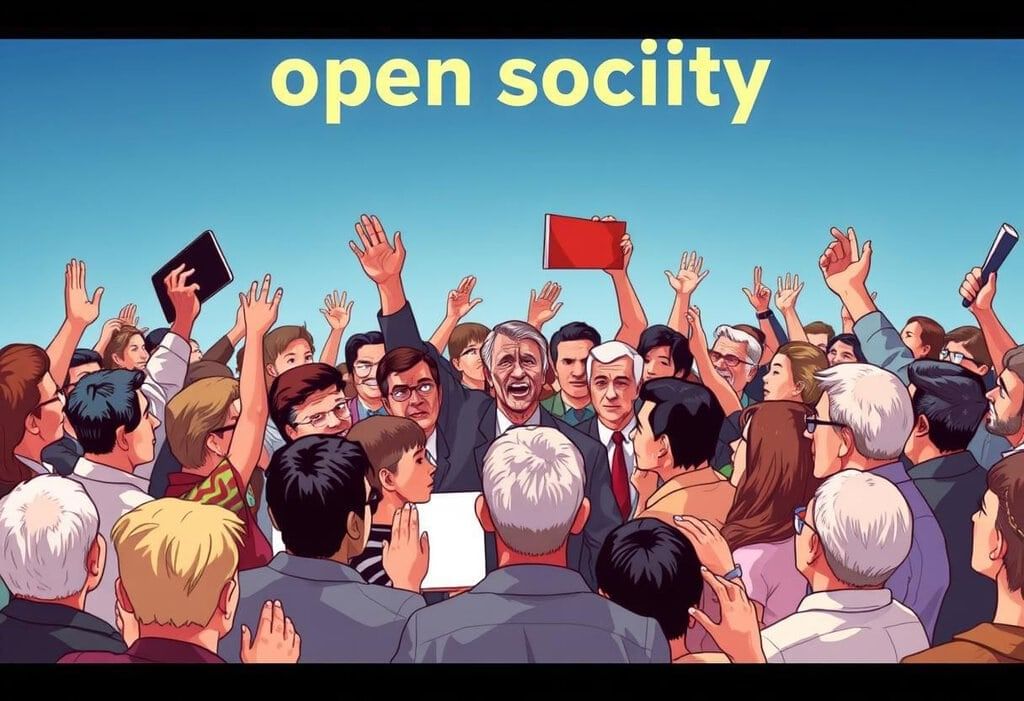 Open Discourse
Open Discourse
An open society refers to a social and political system characterized by the free flow of information regarding public affairs. In such a system, public policy aims to balance various interests without claiming to hold the ultimate truth. Those in power promote freedom of expression among citizens, fostering an environment where new ideas can emerge and encouraging individuals to question and challenge the government.
The renowned Austrian philosopher Karl Popper (1902-94) argued in his book The Open Society and Its Enemies (1945) that ideology is a hallmark of totalitarianism and has no place in an open society. He believed that science and freedom flourish in societies receptive to new ideas. In contrast, totalitarian regimes claim to possess absolute truth and impose it ruthlessly. Ideology, in this context, becomes a tool for the state to mobilize resources towards a goal it asserts as absolute truth, suppressing any dissent against the policies set by the ruling group. Popper regarded Western liberal-democratic societies as open, functioning effectively without the need for ideology, and allowing citizens the freedom to criticize existing institutions and power structures.
Totalitarianism
In her analysis of totalitarianism in The Origins of Totalitarianism (1951), German Jewish philosopher Hannah Arendt characterized totalitarianism as a system of absolute control, driven by ideology and terror. She identified three historical factors in Europe that facilitated the rise of totalitarian regimes:
- Anti-Semitism: Arendt noted that specific political and social conditions in Europe fueled anti-Semitism, creating an environment conducive to totalitarian ideologies.
- Imperialism: The imperialist expansion led to the rise of racist movements and the quest for global power, contributing to the totalitarian mindset.
- Social Fragmentation: The disintegration of European society into isolated individuals made them vulnerable to ideological manipulation, paving the way for totalitarian control.
Introduction
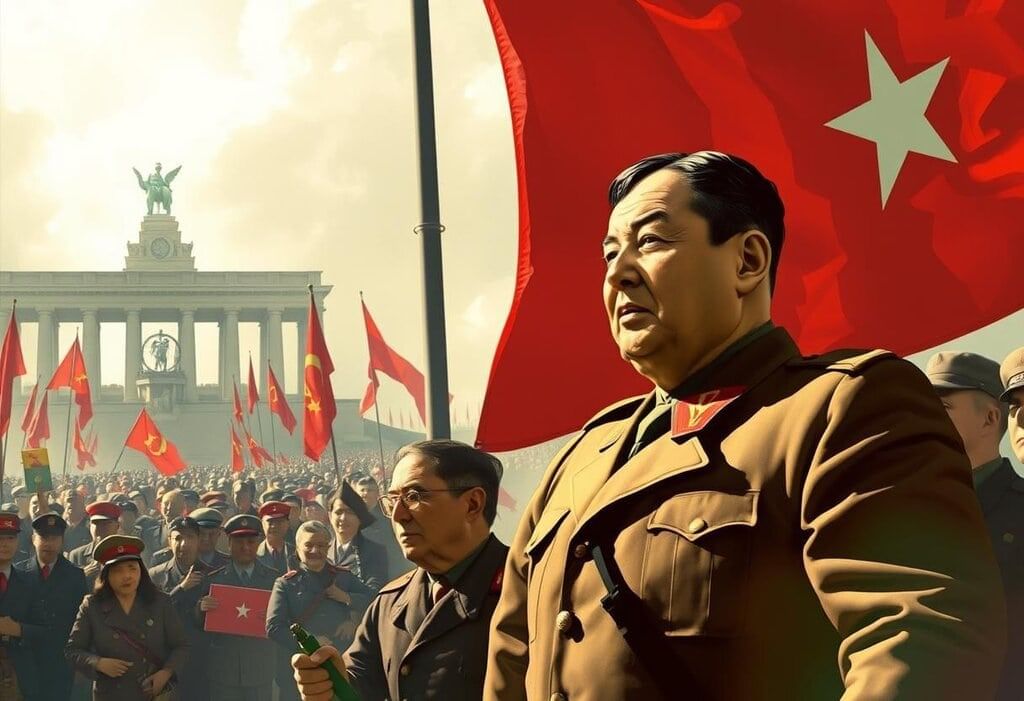 Authoritarian Legacy
Authoritarian Legacy
Popper and Arendt studied the role of ideology in totalitarianism.
- Marx introduced the idea of ideology in the late 1800s.
- The term totalitarianism was coined in the early 1900s to describe the Soviet regime under Stalin (until 1953) and the fascist regimes in Italy (under Mussolini until 1943) and Germany (under Hitler until 1945).
- Both communist and fascist regimes used their ideologies to mobilize citizens toward their goals.
- Popper focused on the communist regime, while Arendt concentrated on the fascist regime, highlighting the connection between ideology and totalitarianism.
Conclusion
- Ideologies are not just tools of false consciousness or totalitarianism.
- They represent the value systems of different groups and inspire people to achieve their goals.
- Dominant classes do not own ideologies exclusively; oppressed classes have their own ideologies too.
- These ideologies should not be dismissed as 'false consciousness.'
Ideologies as Meeting Grounds
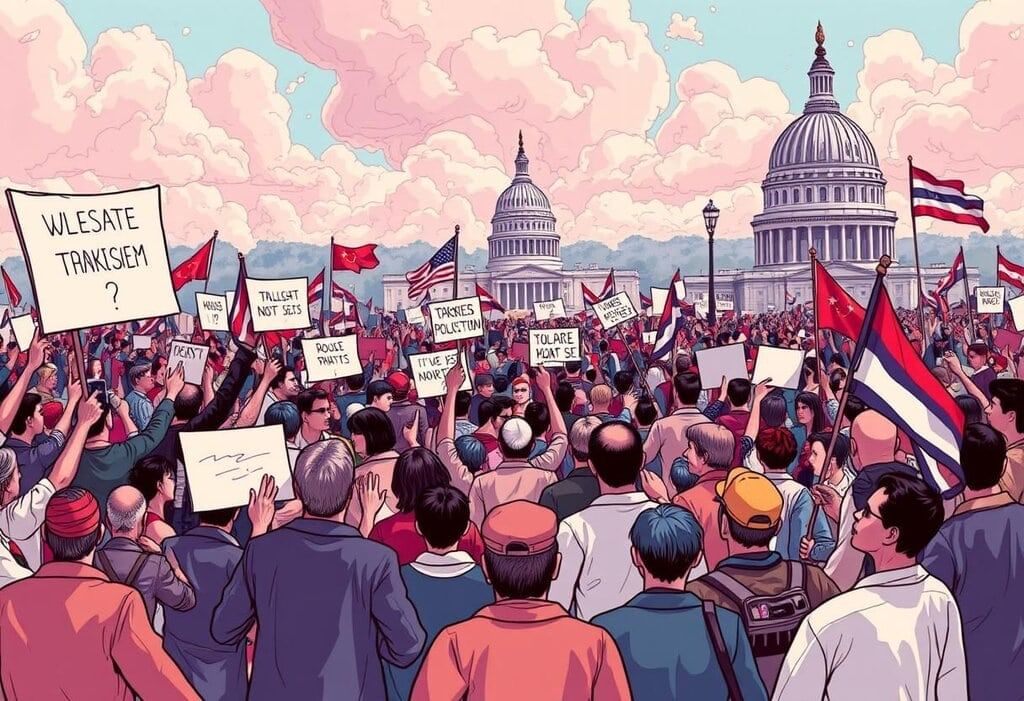 Social Change
Social Change
Ideologies can unite individuals across different backgrounds, such as tribe, caste, religion, or region. They reflect changing social awareness on critical issues and can ignite strong social movements for the liberation of oppressed groups. Some ideologies express profound concern for humanity's future. An ideology is marked by a commitment to a cause, setting aside personal interests, biases, or loyalty to specific individuals or groups. It embodies a clear set of ideas that represent one's perception of reality and ideals, helping others understand this perspective. In global politics, developing nations strive to encourage advanced nations to adopt compassionate and inclusive policies aligned with humanitarian values.
Current Status of Ideology
In the mid-1950s and 1960s, the global landscape of ideology was assessed. Within Western liberal-democratic countries, some theorists proposed that the era of ideology had come to a close. In these nations, ideology was seen as a tool of totalitarianism, incompatible with open societies. The concept of the 'end of ideology' suggested that, at high levels of industrial development, a country's socio-economic structure is influenced more by its level of development than by its political ideology. In simpler terms, capitalist and communist countries were expected to develop similar characteristics at advanced stages of their industrial growth, regardless of their ideological differences.
Early Indications
 Post-Capitalism Discourse
Post-Capitalism Discourse
Edward Shils reported on a conference in Milan in 1955 that suggested moving past minor differences to unite against the threat of Communism. This idea was later titled "The End of Ideology" and published in Encounter.
Observations by Daniel Bell
Daniel Bell noted that current ideologies seem exhausted and there is a rough consensus in the Western World among intellectuals on political issues. He identified key agreements such as:
- Acceptance of a Welfare State
- Decentralized power
- Mixed economy and political pluralism
Bell concluded that the ideological age has ended.
Ralph Dahrendorf's Perspective
Ralph Dahrendorf in his book "Class and Class Conflict in Industrial Society" (1957) supported and expanded on Bell's view. He argued that Western societies had entered a new phase marked by increased globalisation and technological advancement. Dahrendorf claimed that these societies were no longer capitalist but had become "post-capitalist societies".
Changes in Industrial and Political Conflict
In a capitalist society:
- Industrial and political conflicts were intertwined.
- Capitalists and workers in the industrial sphere reappeared as bourgeoisie and proletariat in the political arena.
In a post-capitalist society:
- Industry and society have become separate.
- Industrial relations and conflicts do not dominate societal issues.
- These industrial concerns are contained within their specific context and do not impact politics or other social areas.
- Dahrendorf believed that the Marxian framework was no longer applicable for analyzing Western societies.
Daniel Bell's Insights on Postindustrial Societies
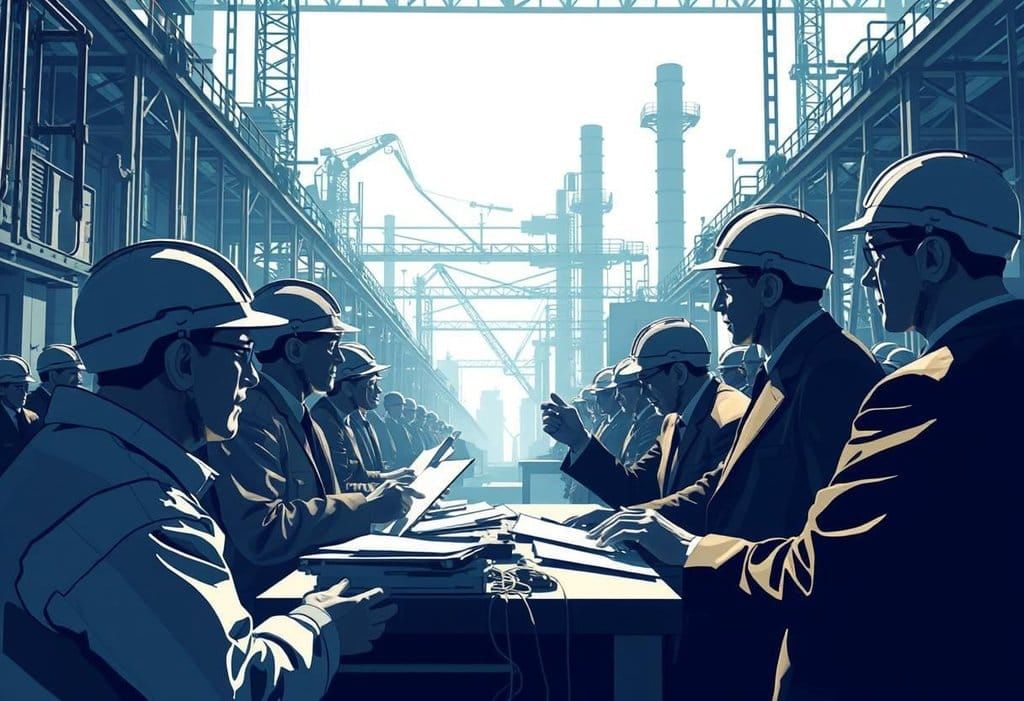 Technocratic Democracy
Technocratic Democracy
In his influential book The End of Ideology (1960), Daniel Bell argued that postindustrial societies tend to evolve in similar patterns, regardless of their ideological differences. He observed that these societies have a smaller proportion of workers in industry compared to services. This means that as a country becomes more industrialized, the services sector grows at a faster rate than the manufacturing sector.
Bell also noted the increasing influence of technical elites in postindustrial societies, a shift that occurs irrespective of the prevailing political ideology.
Seymour M. Lipset's Observations on Democracy
In his book Political Man: The Social Bases of Politics (1960), Seymour M. Lipset made a significant observation about democracy. He argued that democracy is not merely a means for different groups to achieve their goals or to create a better society; rather, it is the embodiment of the good society in action.
- Lipset pointed out that in Western democracies, the distinctions between the left and the right have become less significant. The political debates now primarily focus on:
- Slight increases in wages
- Minor rises in prices
- Expanding old-age pensions
He believed that the major political issues stemming from the industrial revolution have been largely resolved. Workers have attained both industrial and political citizenship, conservatives have embraced the welfare state, and the left has recognized that enhancing state power may pose greater risks to freedom than it addresses economic problems.
The success of democracy in the West has led intellectuals to realize that they no longer need ideologies or utopias to motivate them for political action.
Introduction
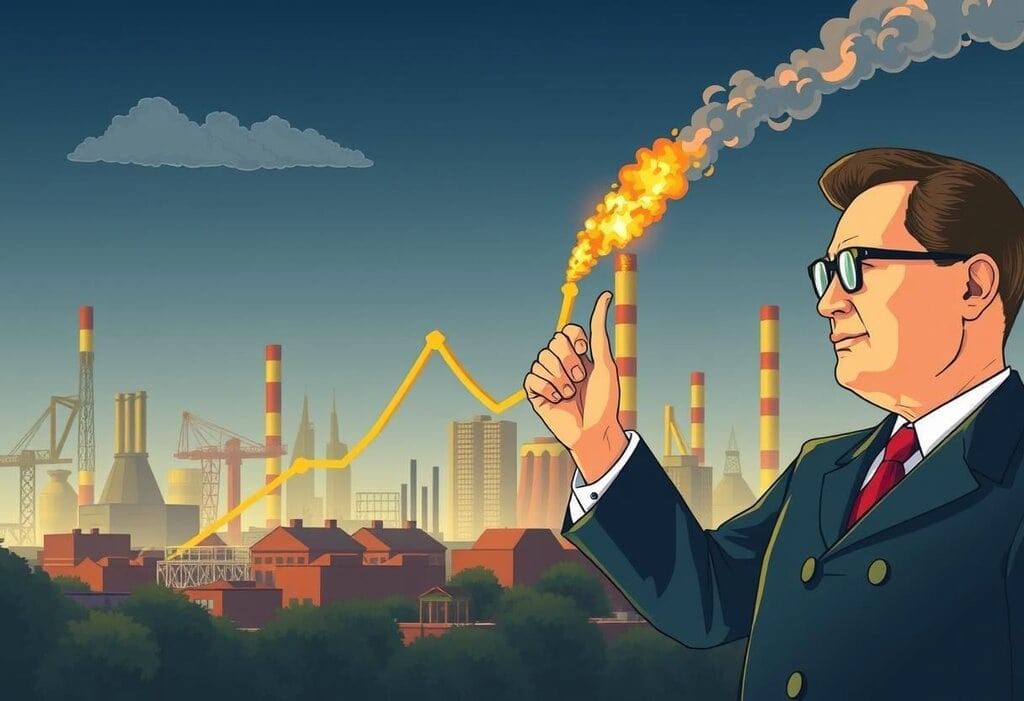 Economic Transformation
Economic Transformation
In 1960, W. W. Rostow put forth a straightforward economic growth model in his book, "The Stages of Economic Growth: A Non-communist Manifesto." This model suggests that all countries, irrespective of their political ideologies, experience five distinct stages of growth:
1. Traditional society 2. Preconditions for take-off 3. Take-off 4. Road to maturity 5. Age of high mass consumption
Rostow observed that the ongoing development in Asia, Latin America, Africa, and the Middle East resembled the early stages of growth seen in Western societies during the late 18th and 19th centuries. He argued that a country's political ideology did not affect its economic development.
J.K. Galbraith's Insights
In 1967, J.K. Galbraith, in his book "The New Industrial State," described features of advanced industrial societies that support the idea of the end of ideology. He observed that all industrialized societies are likely to develop similarly, leading to increased centralization, bureaucratization, professionalization, and technocratization. These traits were evident in both the Russian and American systems, despite their differing ideologies of communism and capitalism. This suggests that a country’s technological and economic structure is more influenced by its level of industrialization than by its specific political ideology.
Emergence of a New Ruling Class
Galbraith argued that a new ruling class has emerged in all advanced industrial societies. This class, made up of bureaucratic and technocratic elites, does not belong to either the working class or the capitalists. In liberal societies, members of this class hold influential positions within a system based on merit. Due to high levels of social mobility, they are not tied to specific capitalists. Instead, power in society rests with bureaucracy and technocracy, not capitalists.
Galbraith concludes that in today’s world, the liberation of humanity should focus on combating bureaucracy rather than opposing capitalism. This end of ideology concept carries a message for new nations in Asia, Africa, and Latin America, suggesting they should concentrate on industrial development instead of pursuing communism as a solution to their challenges. Following the collapse of communist regimes in Eastern Europe in 1989 and the Soviet Union in 1991, this view gained new support with the 'End of History' thesis proposed by Francis Fukuyama in his paper titled "The End of History," published in "The National Interest."
End of Ideology Thesis
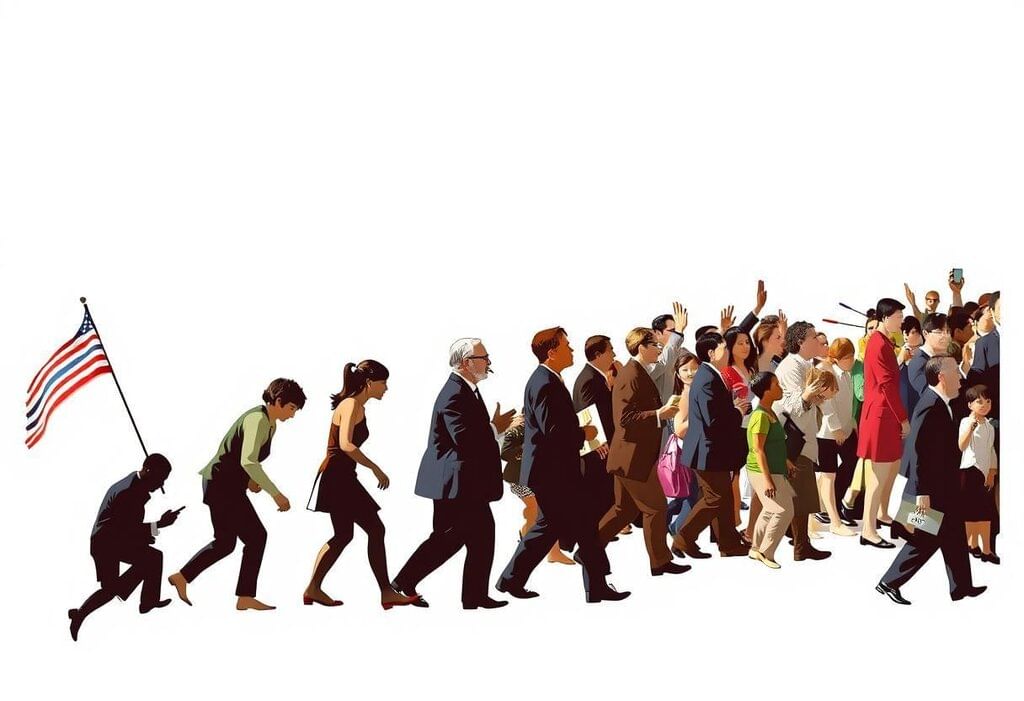 Cultural Transformation
Cultural Transformation
In 1989, Francis Fukuyama put forward the End of Ideology Thesis, suggesting that the collapse of socialism, particularly communism, signified a clear triumph for economic and political liberalism. He believed this event marked the peak of humanity's ideological progression, paving the way for Western liberal democracy to become the ultimate form of governance worldwide. Fukuyama argued that liberal democracy is free from fundamental contradictions and is capable of meeting humanity's deepest aspirations. Its success, according to him, signaled the conclusion of a long historical struggle that had previously hindered its expansion. This thesis gained significant attention in Western media and academic circles, as it resonated with their prevailing mindset.
Criticism of the End of Ideology Thesis
- Richard Titmuss, C. Wright Mills, C.B. Macpherson, and Alasdair MacIntyre offered strong critiques of the End of Ideology Thesis.
- Titmuss argued that proponents of this thesis ignore issues like monopolistic concentration of economic power, social disarray, and cultural deprivation within capitalism.
- C. Wright Mills labeled supporters of the thesis as advocates of the status quo, suggesting they promote political complacency and justify the existing social structure.
- Mills believed the thesis denies the relevance of evolving human and political ideas.
- C.B. Macpherson criticized the thesis for failing to address the problem of equitable distribution in market society.
- Alasdair MacIntyre, in his work "Against the Self-images of the Age," pointed out that the End of Ideology was not the cessation of ideology but rather a reflection of the ideology prevalent at the time and place of its emergence.
|
173 videos|574 docs|148 tests
|
FAQs on O P Gauba Summary: Concept of Ideology-1 - PSIR Optional for UPSC
| 1. What is the concept of ideology in sociology? |  |
| 2. How does critical theory differ from traditional sociology? |  |
| 3. What are the basic tenets of liberalism? |  |
| 4. What is neo-liberalism, and how does it impact society? |  |
| 5. What is the significance of an open society in contemporary politics? |  |
















